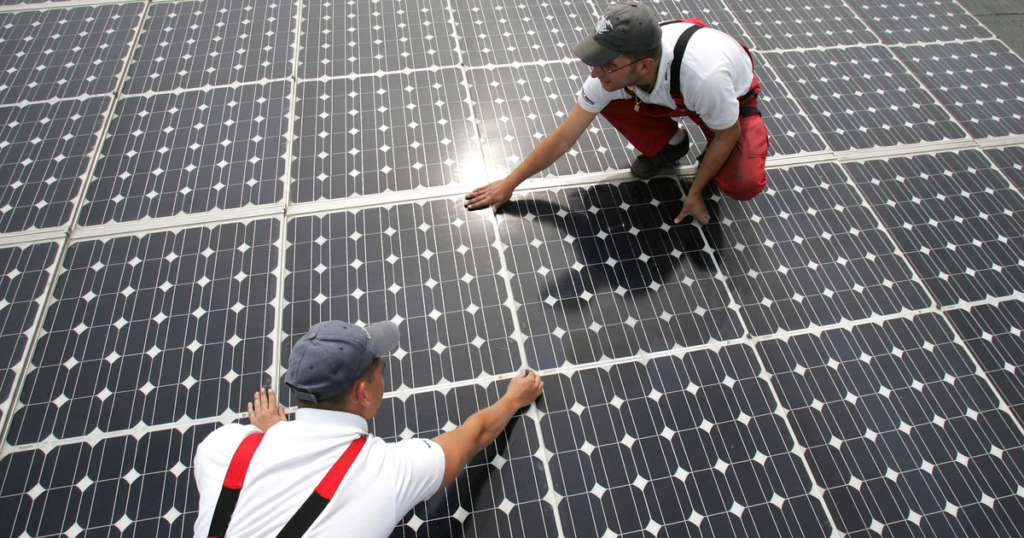Hungary is poised for an ambitious economic leap as the government sets its sights on major financial goals that will require tens of billions of forints in investments. In a rapidly changing global economy, Hungary’s strategic initiatives are aimed at boosting growth, innovation, and resilience. In this article, we dive deep into Hungary’s economic plans, the sectors targeted for development, and the potential implications for the country’s future.

Hungary’s Economic Vision for the Future
Key Economic Targets
Hungary’s government has recently unveiled an aggressive economic plan that aims to significantly improve the country’s GDP, enhance industrial capabilities, and modernize infrastructure. With a primary focus on industrial innovation, green energy, and technology, the nation is seeking both domestic and foreign investment to drive these ambitious plans forward. The realization of these goals, however, hinges on securing tens of billions of forints in funding.
Why This Target?
As Hungary seeks to maintain its competitiveness within Europe and the global market, large-scale investments are essential. The funds will be directed towards expanding key sectors, including automotive manufacturing, technology, renewable energy, and more. Achieving these objectives will not only enhance Hungary’s economy but also strengthen its position as a regional leader in Central Europe.
Focus Areas for Growth
Industrial Innovation and Expansion
Hungary has long been known as a hub for automotive manufacturing, with several major carmakers having production plants within the country. The government aims to enhance this industrial base by supporting innovation in manufacturing technologies, particularly in electric vehicle (EV) production and automation.
Investments in smart factories, AI-driven production lines, and robotics will be key drivers of growth. These advancements will allow Hungary to stay competitive as industries across the globe move towards digitization and automation.
Green Energy and Sustainability
Another major area of focus is renewable energy. Hungary is committed to reducing its carbon footprint and transitioning to greener energy sources. To meet European Union climate targets, the country is investing in wind, solar, and biomass energy projects. This shift not only aligns with EU-wide sustainability goals but also promises to make Hungary less dependent on fossil fuel imports.
The government plans to channel significant funds into renewable energy infrastructure, aiming to increase the share of renewable energy in the country’s total energy consumption. This, in turn, is expected to spur job creation and stimulate economic growth.
Technology and Digitalization
To keep pace with the rest of Europe, Hungary has also placed a strong emphasis on the digital economy. Investments in 5G networks, cybersecurity, and IT infrastructure are seen as crucial to driving future economic growth. Hungary plans to create a conducive environment for startups and tech companies, offering incentives for innovation and technological advancement.
The country is keen to position itself as a leader in digital transformation within Central Europe. By fostering a robust tech ecosystem, Hungary hopes to attract top talent and investors from across the globe.
The Financial Challenges Ahead
Securing Tens of Billions of Forints
Achieving these ambitious targets will not be easy. The Hungarian government has acknowledged that tens of billions of forints will be required to finance these projects. While some of this funding is expected to come from public investments, a significant portion will likely need to be sourced from private investors and international partners.
The government is actively seeking foreign direct investment (FDI) to bridge the funding gap. Hungary’s central location in Europe, coupled with its competitive labor market and stable business environment, makes it an attractive destination for investors looking for long-term growth opportunities.
EU Funding and International Cooperation
Hungary also stands to benefit from EU structural funds, which are aimed at helping member states meet development and innovation goals. These funds will be critical in supporting the country’s transition to a green economy and driving technological advancement.
In addition to EU support, Hungary is exploring partnerships with international organizations and private enterprises to secure the necessary capital. These collaborations will be essential in ensuring the success of the country’s economic agenda.
Implications for Hungary’s Future
Job Creation and Economic Growth
The government’s ambitious targets are expected to create thousands of new jobs, particularly in high-tech industries and the green energy sector. As Hungary moves towards becoming a more digital and sustainable economy, the demand for skilled labor in areas like engineering, IT, and energy will rise.
By investing in these forward-looking industries, Hungary aims to boost its economic growth, reduce unemployment, and improve the quality of life for its citizens. In the long run, these efforts could make Hungary one of the leading economies in Central Europe.
Strengthening Hungary’s Global Competitiveness
Hungary’s push for economic transformation is also about enhancing its global competitiveness. By focusing on innovation, green energy, and technology, the country hopes to position itself as a leader in the region, attracting both talent and investment.
In a post-pandemic world, countries that prioritize digitalization and sustainability will be better positioned for success. Hungary’s efforts in these areas could significantly enhance its global standing and make it a key player in Europe’s economic landscape.
Conclusion: A New Economic Era for Hungary
Hungary is on the verge of a significant economic transformation. With ambitious targets set across key sectors like industrial innovation, renewable energy, and technology, the country is positioning itself for long-term growth and success. However, the realization of these goals will depend heavily on securing the necessary financial investments, both from domestic sources and international partners.
As Hungary pushes forward, the nation’s economic policies and strategic investments will play a crucial role in shaping its future, driving job creation, innovation, and sustainable growth.
About The Author
You may also like
-
It Is Not Surprising That the Central Bank Did Not Change Its Key Interest Rate
-
The United States Will Give Ukraine $20 Billion
-
Marton Nagy Launches Campaign Against Online Stores and Courier Companies
-
The Economic Forecasts of the Head of the International Monetary Fund Are Not Very Optimistic
-
Economic Growth and Rising Salaries: A Decade of Progress
